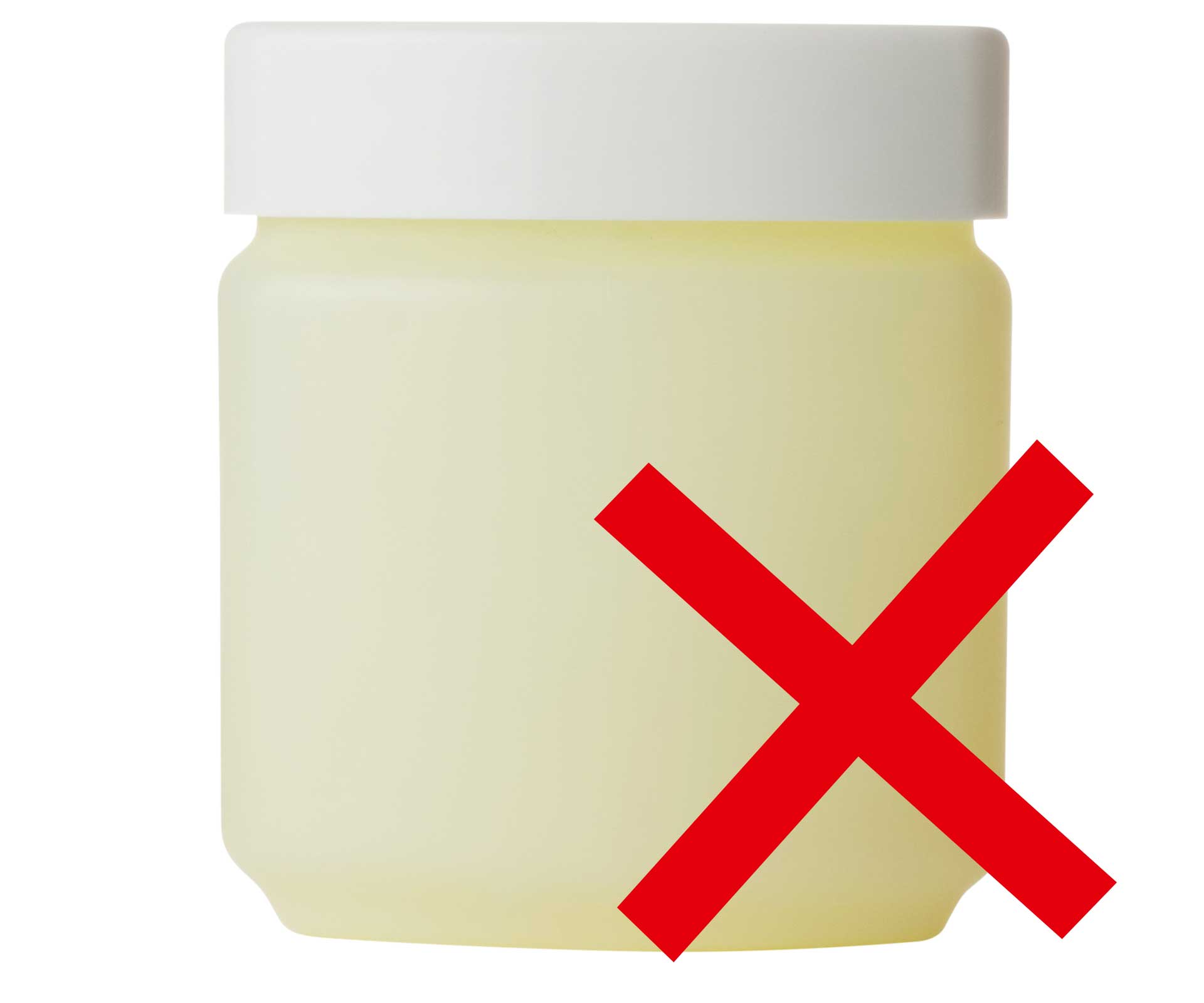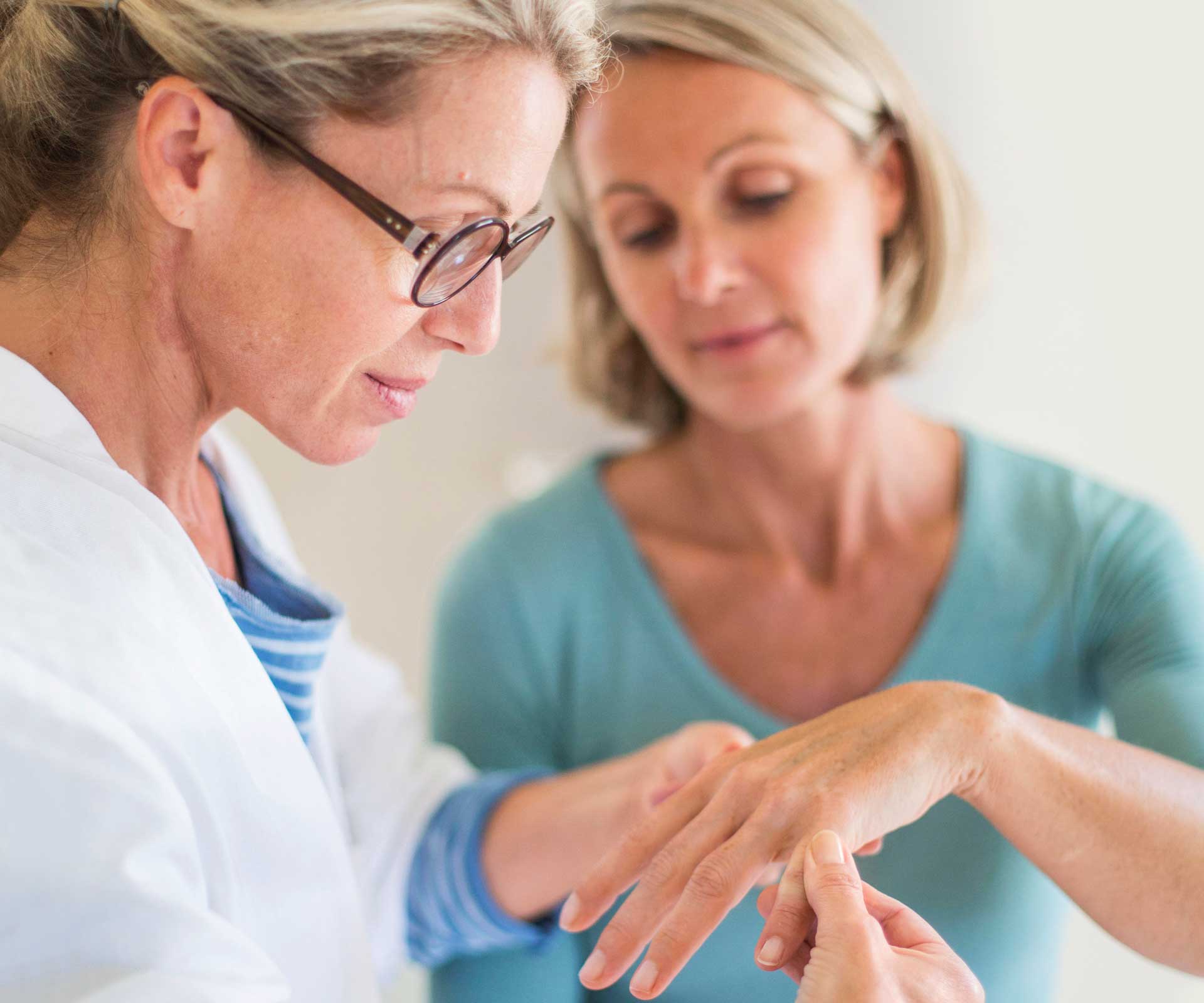There are some health topics people just don’t discuss because they’re too embarrassed. Vaginal health is one of those, but it is time to get over our inhibitions.
Vaginal health is an important part of a woman’s wellbeing. When things go wrong, they can affect your fertility, enjoyment of sex and your relationship, and lead to stress and confidence problems.
As with any health problem, it is best to get issues sorted sooner rather than later, and don’t be embarrassed to talk to your doctor about it – to them, it’s just another body part.

What is vaginal dryness?
Vaginal dryness can be a big problem for many women.
The walls of the vagina normally stay lubricated thanks to a thin layer of clear fluid produced by the body. The hormone oestrogen helps to maintain this fluid, which keeps the vagina clean and prevents infections, but when levels drop – for example, after menopause – the amount of moisture is reduced and the vaginal walls can become thinner and less elastic. This can result in itching, burning and sometimes painful intercourse.
A drop in oestrogen levels can also be caused by:
• Childbirth and breastfeeding
• Radiation and chemotherapy treatment for cancer
• Removal of the ovaries
• Use of anti-oestrogen medications to treat endometriosis or fibroids. Other causes of vaginal dryness include:
• Allergy and cold medications
• An autoimmune disorder called Sjogrens syndrome
• Chemicals from swimming pools and hot tubs
• Douching
• Some anti-depressants
There are a variety of products available to treat vaginal dryness. These include lubricants for use during sex (but not petroleum jelly, as it can irritate the vagina), vaginal moisturisers and ovules or topical oestrogen cream, which can be prescribed by your GP.
Women can also notice that they have less of a problem with vaginal dryness when they start taking a course of hormone replacement therapy.

Did you know? Drinking cranberry juice and eating yoghurt can help to prevent yeast infections.
What are the most common problems for vaginal health?
Conditions that can affect your vagina include:
• Sexually transmitted infections. These include chlamydia, gonorrhea, genital warts and herpes. Possible signs of an infection include sores on your genitals or an abnormal vaginal discharge.
• Yeast infections. These are caused by the fungus Candida albicans and are very common. Symptoms include itching, swelling and irritations. They are not considered a sexually transmitted infection – you can get them if you are not sexually active. Once you get one, you are more likely to get them in future.
• Bacterial vaginosis. There is a mix of good and bad bacteria in the vagina, and when the balance of the two is upset, leading to an overgrowth of bad bacteria, vaginosis can result. It usually goes away on its own, but if it persists more than a couple of days, you should see a doctor as it can lead to more serious problems. The main symptom is an abnormal discharge that is grey or yellow with a strong odour.
• Pain during or after sex. This can be due to a condition called vaginismus, in which involuntary spasms of the muscles in the vaginal wall cause pain.
• Vaginitis. This is an inflammation which can be due to an infection, such as a yeast infection or bacterial vaginosis. Symptoms include a discharge, odour, itching and pain.
• Prolapse. This results when the pelvic floor – the sling-like muscles that hold the uterus in place – becomes weakened, often due to pregnancy and childbirth. As a result, the uterus or bladder can slip into the vagina, pulling the vagina down in the process. Early signs of possible pelvic floor weakening include leaking urine when you sneeze, cough or jump.
When should I see a doctor about my vaginal health?
If anything is causing pain, discomfort or difficulty inserting a tampon or having sex, get it checked out. You should also consult your doctor if you notice:
• Vaginal bleeding between periods, after you’ve had sex or once you’ve gone through menopause
• Itching, irritation or redness
• A change in the colour, odour or amount of vaginal discharge
• A bulge or mass in your vagina
• Any kind of sore or lesion
If you suffer from yeast infections, there are over-the-counter products available to treat these. However, if they keep recurring, you should see your doctor.
How can I keep my vagina healthy?
Steps you can take to try to be as healthy as possible:
• Be responsible sexually. Use condoms, keep sex toys clean and if you’re in a new relationship, suggest you are both tested for sexually transmitted diseases to put each other’s mind at rest.
• Have good genital hygiene. Keep the area clean and make sure you always wipe from front to back after a bowel motion. Don’t douche – it can interfere with the sensitive pH levels
in the vagina, which increases the risk of a bacterial infection and pelvic inflammatory disease. Avoid harsh soaps, cleansers or sprays as they can also disrupt pH levels.
• Do pelvic floor exercises. These can strengthen the pelvic floor muscle and prevent prolapse later in life.
• Wear cotton underwear and try to avoid G-strings. Don’t wear tight-fitting trousers, shorts or bodysuits and change out of swimsuits or workout gear as soon as possible.
• Change tampons frequently. Leaving them in too long can cause a potentially fatal condition called toxic shock syndrome.
• Antibiotics can affect bacteria levels in your vagina, as well as other parts of your body. If you are prescribed them for an infection, make sure you also take probiotics to counteract their effects.

